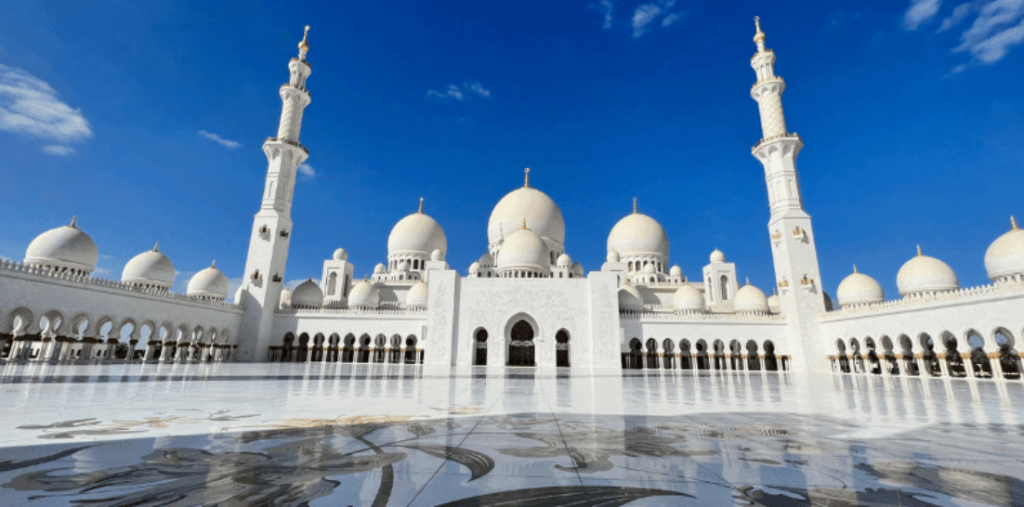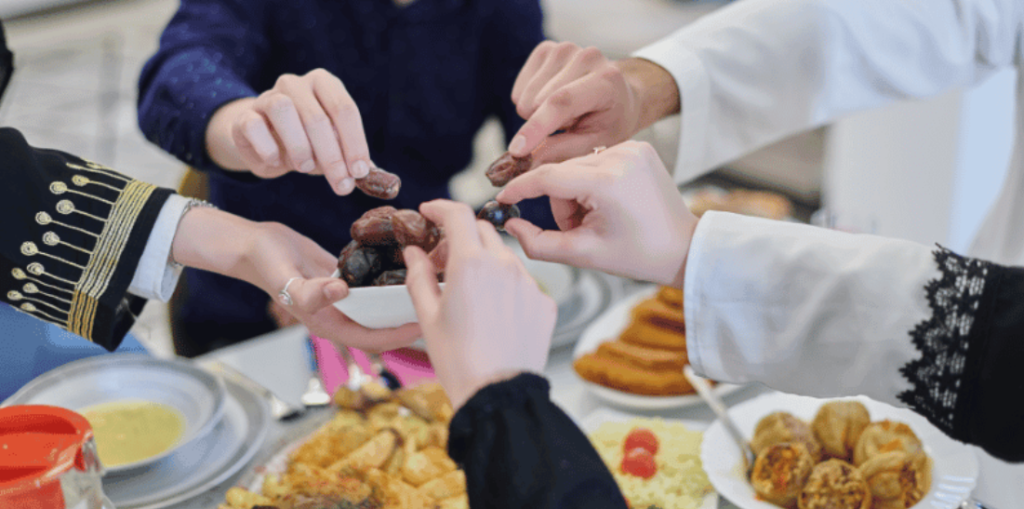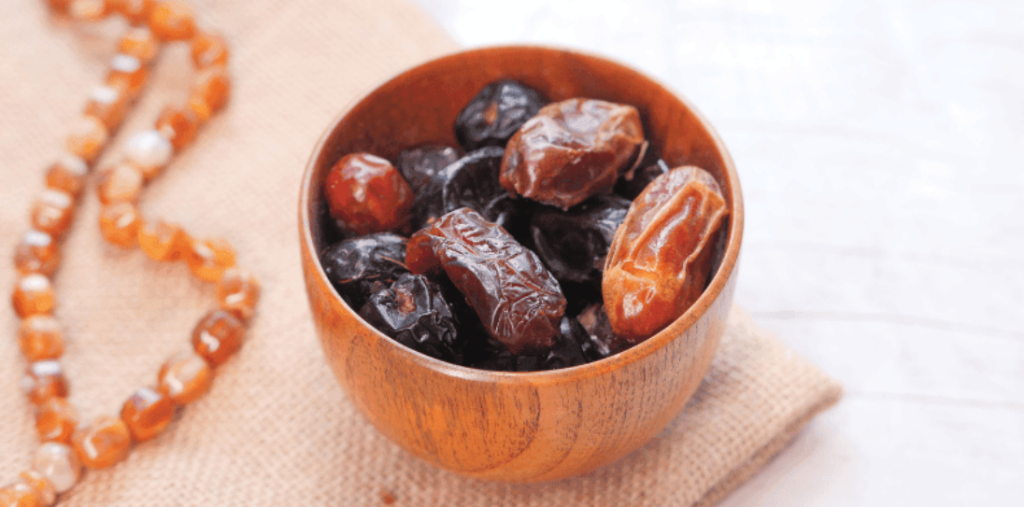Ramadan: The Beautiful History and Significance of Ramadan Traditions in the UAE is Nothing but Fascinating

Ramadan is a sacred month in the Islamic calendar and is celebrated worldwide by Muslims. The United Arab Emirates (UAE) has a rich history and culture surrounding Ramadan, with many unique traditions that have been passed down from generation to generation. In this article, we will take a look at the history and significance of Ramadan traditions in the UAE.
Ramadan has been observed in the UAE for centuries. It is believed that the Prophet Muhammad first began fasting during the month of Ramadan in 610 CE. The UAE being an Islamic country, has been observing Ramadan since its inception. The month of Ramadan is a time for spiritual reflection, self-improvement, and devotion to Allah.

Preparations for Ramadan in the UAE begin well before the start of the month. Muslims in the UAE start preparing for Ramadan by cleaning their homes and buying new clothes. The month of Ramadan is also a time for charity, and many people in the UAE donate money to the less fortunate.
Suhoor and Iftar are the two main meals during Ramadan. Suhoor is the pre-dawn meal that Muslims eat before starting their fast, while Iftar is the meal eaten after sunset to break the fast. In the UAE, the Suhoor meal is typically light, consisting of fruits, dates, and water. Iftar, on the other hand, is a grand affair with families and friends coming together to break their fast with a range of traditional foods such as samosas, pakoras, and biryani.

Eating healthy during Ramadan is important to ensure that the body receives the nutrients it needs. It is recommended to eat a balanced diet that includes fruits, vegetables, and protein. It is also important to stay hydrated by drinking plenty of water during non-fasting hours.
There are several customs and etiquette practices that are observed during iftar and suhoor in the UAE. For example, it is customary to break the fast with dates and water, and to share food with others. It is also important to dress modestly and show respect to those around you.
The Ramadan Night Market is a popular tradition in the UAE. The market is set up during the month of Ramadan and is open until the early hours of the morning. The market offers a range of products, from traditional food to clothing and souvenirs.

Laylat al-Qadr, also known as the Night of Power, is one of the most significant nights in the Islamic calendar. It is believed to be the night when the first verses of the Quran were revealed to the Prophet Muhammad. In the UAE, Laylat al-Qadr is celebrated with prayers, charitable donations, and other religious observances.
Eid al-Fitr is the festival that marks the end of Ramadan. In the UAE, Eid al-Fitr is celebrated with great enthusiasm and joy. Families and friends come together to exchange gifts and enjoy traditional foods such as sheer khurma, a dessert made with vermicelli, milk, and dates. Preparations for Eid al-Fitr begin several days before the actual celebration. People often shop for new clothes and accessories, and decorate their homes with lights and other decorations.
Charitable acts are an important part of Ramadan and Eid al-Fitr in the UAE. Many individuals and organizations donate money and food to those in need during Ramadan, and the government often organizes charitable events and initiatives during this time. During Eid al-Fitr, it is customary to give gifts and money to the less fortunate, and many people volunteer their time to help those in need.
Ramadan is a time for spiritual reflection, self-improvement, and devotion to Allah, and is observed with great enthusiasm in the UAE. From the preparations for Ramadan to the celebrations of Eid al-Fitr, the UAE has a rich history and culture surrounding Ramadan



